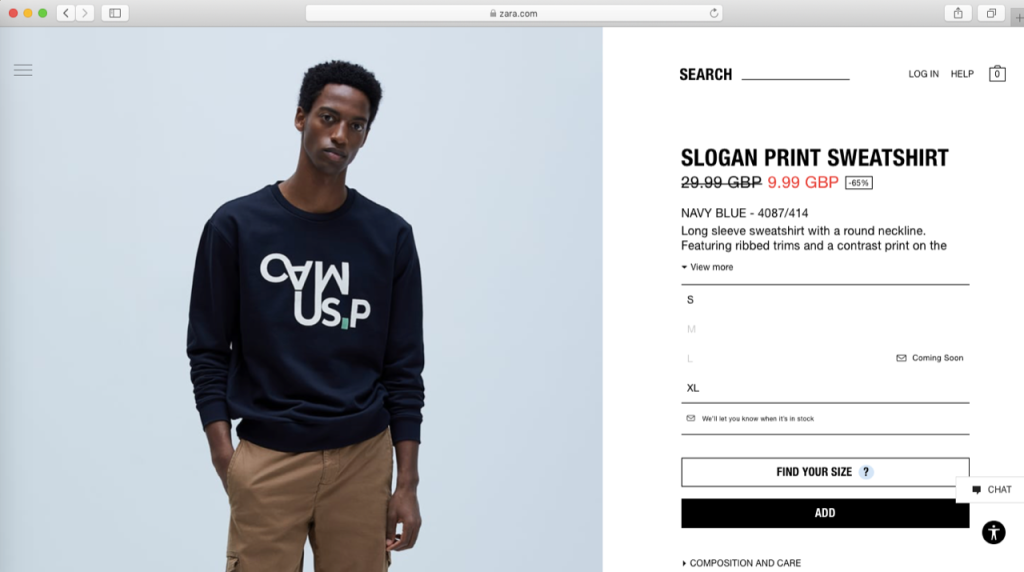Search
04 Emergency and Emergence
03 Sonic Continuum
02 Critical Pedagogies
01 On Translations
To Live Not in but as Daydream: On ‘Projects 195: Park McArthur’
Geelia Ronkina
This text considers recent work by the artist Park McArthur, in proposing that the materiality of disability access and the concept of dependency are the constitutive ground for what is often deemed site-specificity in contemporary art.
Crash Test Dummies, Autonomous Weapons, and Capital’s Native Language: Towards Rebellious Translation
Jon Solomon
This contribution considers how Machine Translation (MT) and the militarisation of information technologies is radically transforming the world’s inherited colonial–imperial modernity. Because of the reduction of translation to logistical transfer and the grounding of that operation in an imaginary cartography of spatialised difference, this familiar (post)colonial world is rapidly collapsing into a dystopian future, which conjoins technological totalisation and militarisation in a senseless defence of the privilege of anthropological difference.
The Madness of the Mother Tongue
Shela Sheikh
How to speak of oneself when one has no ‘proper’ language in which to do so? Through a reading of Derrida’s Monolingualism of the Other: Or, the Prosthesis of Origin, this text explores the maddening paradoxes of identity, translation, the so-called mother tongue, and the coloniality of language and culture.
‘Who is completely free?’ Canhão de Boca [The Weapon of Voice] and how dissent and polyphony became part of the struggle in Cape Verde
Celeste Fortes Rita Rainho
The role of women in the history of Cape Verde’s struggle has been hidden by the liberation movement itself. More than four decades after independence, what are the different meanings of ‘freedom’ for us?
Translatability and the ‘African Modern’ in Mozambican Contemporary Art
Thomas Waller
This article explores the coexistence of artistic paradigms in the work of Mozambican contemporary artists Gemuce and Félix Mula. Comprising a coming together of cultural forms from different social contexts, this coexistence indicates a process of ‘translatability’ that tracks patterns of interference across the cultural cartography of global capital and postcolonial geopolitics.
‘What We Know Is Built on Erasure’
Rolando Vázquez
Mexican sociologist Rolando Vázquez discusses processes of erasure – in colonial language and epistemologies, as well as in contemporary transnational and globalised communication. This interview took place in the context of the ‘On Translations’ international conference at Nottingham Contemporary in 2018.
Territory: Universe (Translexical Opacity)
Wong Bing Hao
In Territory: Universe (Translexical Opacity), Wong articulates the arcane lexical opacity of writing on trans and gender non-conforming experiences through the work of Jamie Crewe, Sophia Al-Maria and Victoria Sin, and Amy Lien and Enzo Camacho.
Transliterative Tease
Slavs and Tatars
Transliterative Tease performance focuses on the Turkic languages of the former Soviet Union, as well as the eastern and western frontiers of the Turkic sphere, namely Anatolia and Xinjiang/Uighuristan. Through the lens of phonetic, semantic, and theological slippage, Transliterative Tease explores the potential for transliteration – the conversion of scripts – as a strategy equally…
Bio
Maryam Monalisa Gharavi
Bio captures a span of 365 days in which the artist updated the 160-character ‘bio’ section of a profile on Twitter each day. An experiment in erasure, self-deletion, and visibility in the expansive sphere of the internet, Bio anchors itself to the wider lineage of artists’ cancelled texts, but in the age of new media as ‘soft’ power.
Bridges, Hearts, Cash: Neoliberal Markets of Cultural Understanding
Dima Hamadeh
‘Cultural diplomacy’ has played an instrumental role in fostering a particular mode of self-identification among Arab artists and practitioners. The philanthropic support for Arab art promotes the perspective of a cultural ‘elsewhere’ and a personified ‘otherness’. The result is a ‘love’ that configures the ethos of the art market.
